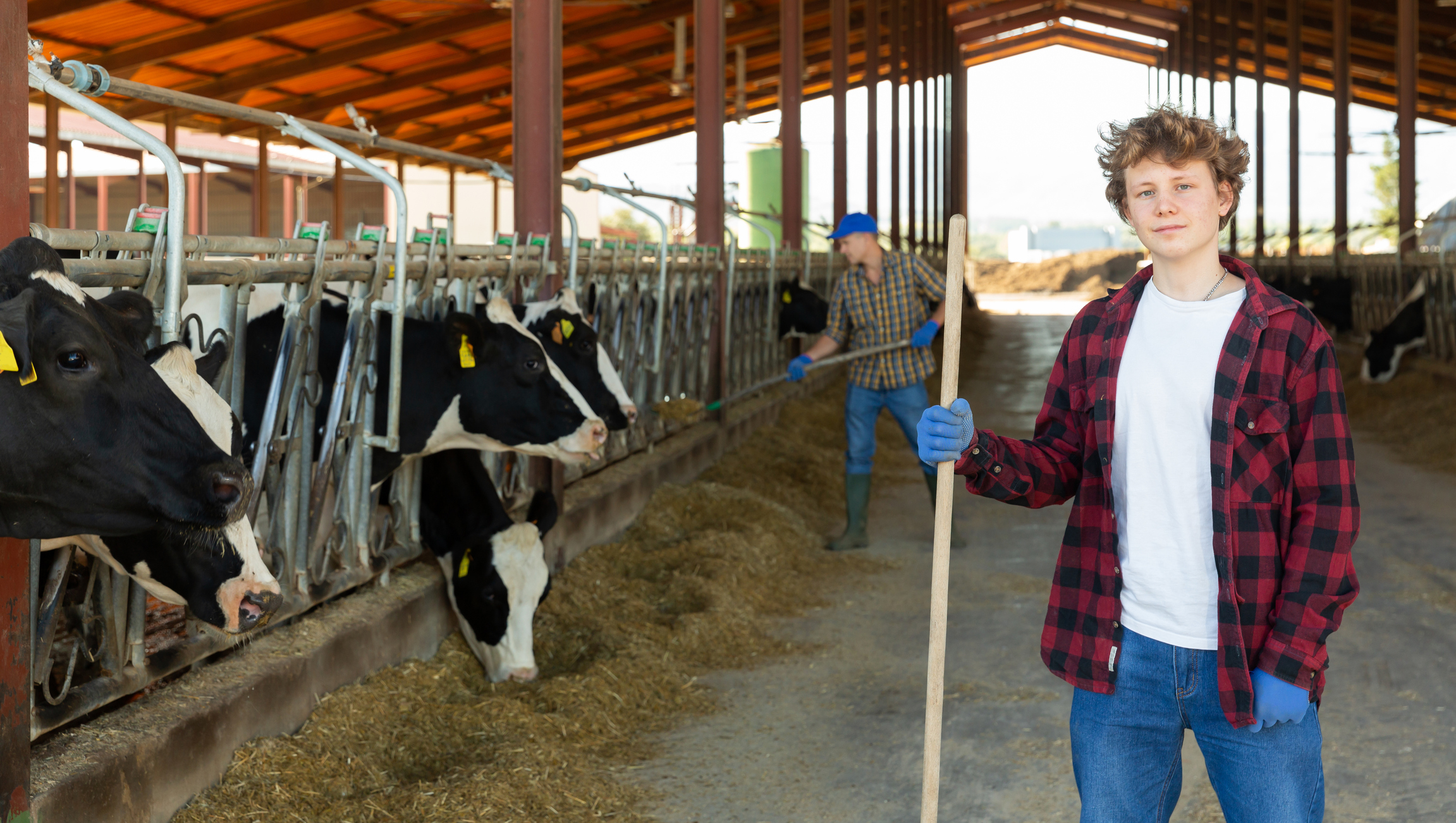Anyone who is asked to describe a farmer will probably describe an elderly man wearing a tweed jacket and a flat cap while ideally chewing a bit of straw. Advertisers frequently promote this caricature because they believe it to be a reliable and healthy image that will likely inspire trust in the goods they produce. But it's hardly a picture that will encourage the finest and brightest of the younger people to pursue a future in agriculture. It is also untrue.
Our Farming Industry Needs An Image Shift
Our shifting climate puts traditional global food production in danger. The need for food is expanding as our population expands. Growing interest is being shown in increased independence. Therefore, we need farmers who are more productive and skilled. The farming industry should also be able to support itself without the help of the European Common Agricultural Policy, according to successive administrations. In order to provide the food we require whilst making a reasonable return on their labour and investment, this calls for technically adept business professionals who are willing to strike a balance between risk and reward.
Such farmers are already here. They are employing state-of-the-art GPS mapping systems on computers to measure feed conversion data for dairy cattle who self-milk or to prevent fertiliser waste. These are the ones embracing new, innovative agritech. These people are the future farmers. It differs significantly from what is typically taught in the classroom.
Many people who give career advice to schoolchildren are unaware of the challenges, as well as the opportunities that farming presents to those who are practical and interested in engineering and technology and to students interested in plant and animal breeding, soil management and nutrition.
Given that the average age of a British farmer is 58, the Royal Agricultural Society of England projected a dire need for 60,000 new farmers to supersede those who will eventually leave the industry. Data from Eurostat and CEJA, the European Council of Young Farmers, show that from 16.5% in 1990 to 2.8% in 2011, the percentage of farmers in the UK under 35 has declined. It is evident that in order to overcome the problems listed above, a consistent flow of capable, youthful applicants is required.
With youth unemployment on the rise, the agricultural industry offers a significant opportunity for job development and food security. How can we encourage young people to pursue agriculture? Let's look at five tactics from the plethora that can be used to attract young people to agriculture;
1. Advertise farming as a business to draw young people and encourage the engagement of women in agriculture.
Agribusiness is essential for ensuring food security and employment, but it has a broader impact on social and economic growth. Young entrepreneurs can enter a significantly less saturated market through agribusiness, while the economy can only accommodate less than 10% of labour market entrants. The time is right to draw in young people since views and behaviours regarding agribusiness are changing as a result of the Covid-19 employment losses.
2. Promote and market agriculture to the younger generation.
Young people are often concerned with their appearance. Self-image is highly valued in the era of instant gratification and social media. Young people are drawn to modern terminology and innovations and have a distinct perspective. The younger generation may be put off by the stereotypes of agriculture, which include low pay and tedious, physical labour. As agriculture is rebranded to appeal to this younger demographic, we must strengthen the language surrounding agriculture, the editorial imagery, and the role models who already sway the youth.
3. Close the productivity and efficiency gaps that severely impede the engagement of young people in value chains.
Young people must be considered when addressing the significant issues of limited access to production-related knowledge, access to market intelligence and financing, technology, hired labour, networks, and assets.
4. Leverage technology to increase scale and effect.
Farmers are getting the tools and information they need to make wise decisions and increase productivity thanks to Digital for Agriculture (D4Ag) technologies for meteorological data, crop production and market access. Young agricultural entrepreneurs can access finance and other forms of support through technology, which can also help them make decisions about when to cultivate or reap in relation to climate change.
5. Boost the worth of agricultural products.
Through the use of efficient energy technology, we should improve the entrepreneur's knowledge of developing agribusiness models like circular economy concepts and prospects for value addition. As we prepare for a post-Covid-19 world, countless youngsters have the potential to flourish in agriculture; they only need an enabling atmosphere.
Conclusion
Agriculture's image can be changed, however difficult it may be. Agricultural Recruitment Specialists can assist if you are interested in a career in agriculture but are unsure where to begin. There are many agricultural jobs available and we can help you find the ideal one. If you're looking for work, you can browse our most recent job postings or sign up and share your CV/resume to receive notifications of new positions.
As we are global agricultural recruitment specialists, then look no further if you are a company looking to fill a vacancy. We offer our clients recruitment services in the UK, Europe and beyond. We work hard to develop lifelong connections with our clients and assist them in enhancing the value of their businesses. Contact us, and we'll connect you with the most qualified applicants for any opening. We Will Find You The Best Talent – The Perfect Candidate For You, Every Time.












